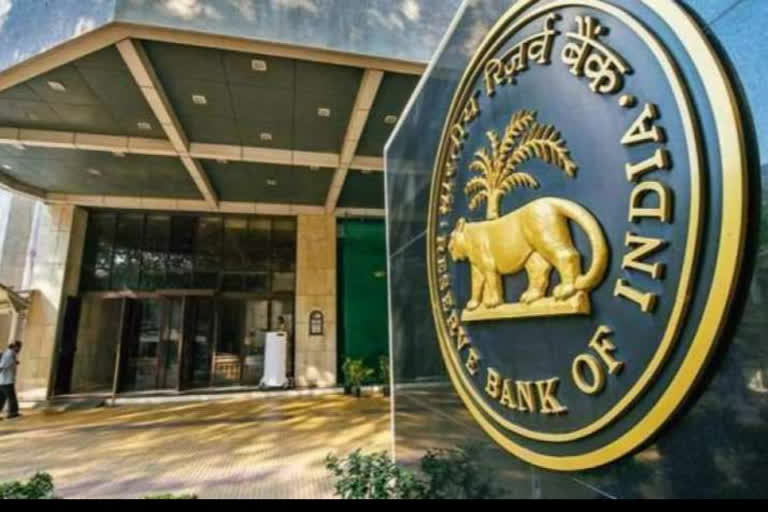New Delhi: The RBI on Wednesday provided more time to exporters to collect payment of goods and software sold to overseas buyers and repatriate that to India as the central bank announced more measures to deal with the economic fallout of Covid-19 pandemic.
The central bank has also decided to increase the limit of advances it gives to states and UTs by 30 per cent under the Ways and Means (WMA).
While announcing further steps for dealing with the COVID-19 pandemic, the RBI also said "it is not necessary" to implement counter-cyclical capital buffer (CCyB) now.
On the extension of realisation period of export proceeds, the RBI said that in view of the disruption caused by the COVID-19 pandemic, the time period for realisation and repatriation of export proceeds for exports made up to or on July 31, 2020, has been extended to 15 months from the date of export.
"The measure will enable the exporters to realise their receipts, especially from COVID-19 affected countries within the extended period and also provide greater flexibility to the exporters to negotiate future export contracts with buyers abroad," it said.
Presently, value of the goods or software exports made by the exporters is required to be realised fully and repatriated to the country within a period of 9 months from the date of exports.
Read more:Donations made to PM-CARES Fund eligible for 100% tax deduction
On WMA, temporary advances given by the RBI to the government to tide over any mismatch in receipts and payments, the central bank said it has increased WMA limit by 30 per cent from the existing limit for all states/UTs to enable them to tide over the situation arising from the outbreak of the pandemic.
